We are exited to announce that we have an open position in our lab. We are looking for a new post-doc to take over the team lead at the MIE-Lab as soon as possible. If you are interested, please check the description at the ETH jobpage:
https://jobs.ethz.ch/job/view/JOPG_ethz_7R9Rl0z6QH6GC0M9Cv
Jannik Hamper joins MIE Lab
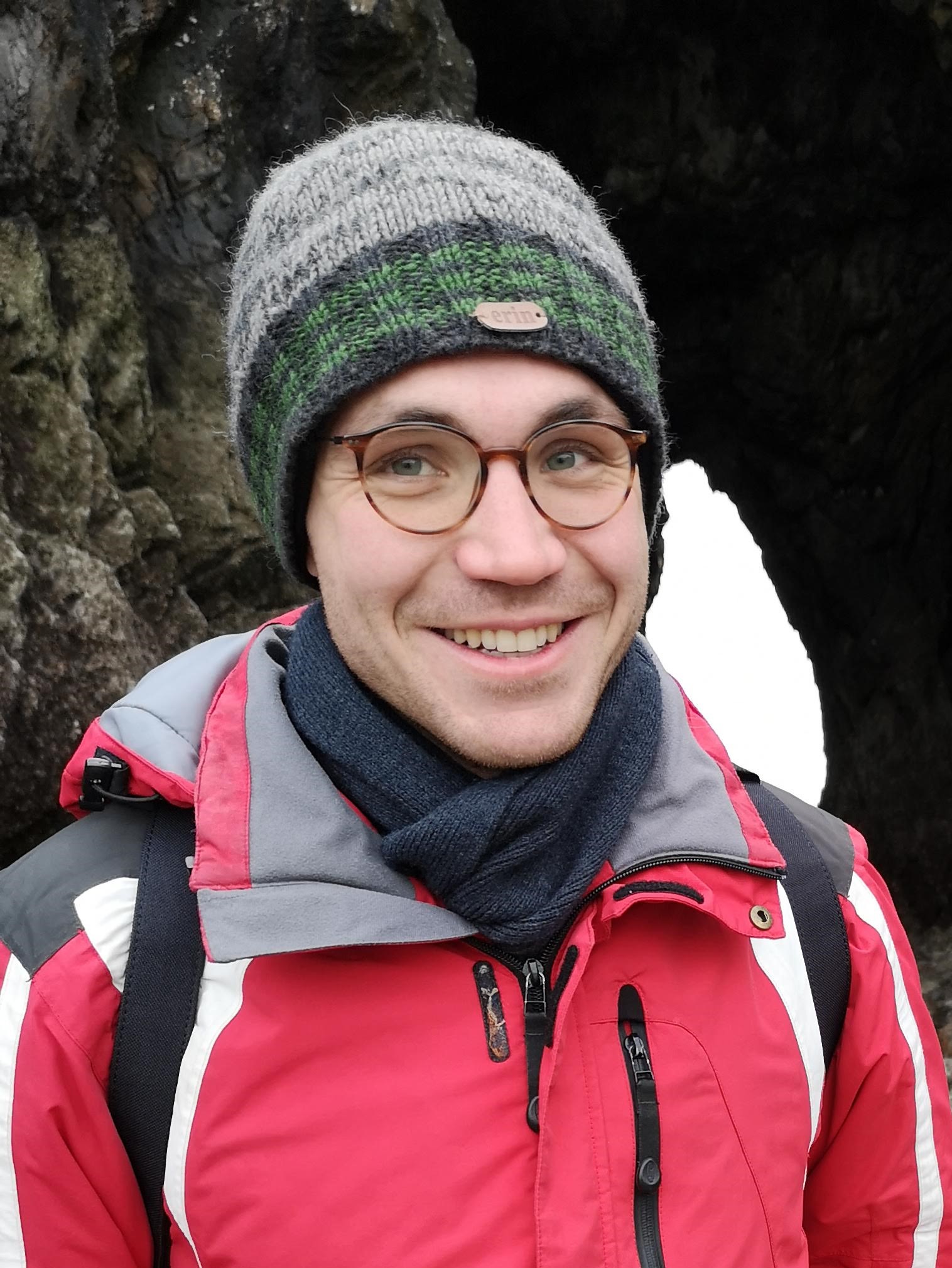
We welcome Jannik as our new team member! He holds a B.Sc. in Mathematics from FAU Erlangen and a M.Sc. in Statistics from ETH Zurich. His work will focus on applying machine learning and data analysis methods to problems in mobility and energy science.
Read more here!
Team MIE-Lab wins second place at IARAI Traffic4cast core competition.
We are happy to announce, that our team scored the second place at the IARAI Traffic4cast competition! The goal of the competition was to predict the traffic in 3 different major cities (Berlin, Istanbul, Moscow) based on high resolution traffic map movies.
Over 40 teams participated and submitted a total of over 4000 submissions in the competition. You can check out our code and the documentation!
As the second place we won 5000$ and an invitation to present at NeurIPS 2019.
Not all members of our competition team are officially affiliated with the MIE-Lab, so special thanks to Ye Hong, Christian Rupprecht and René Buffat!
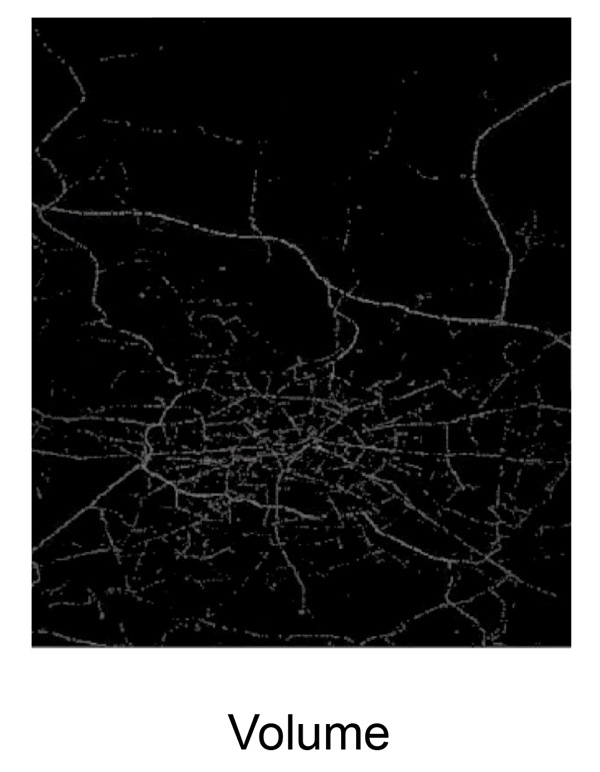
Energy Saving Potential of a Wide Deployment of e-Bikes in Switzerland
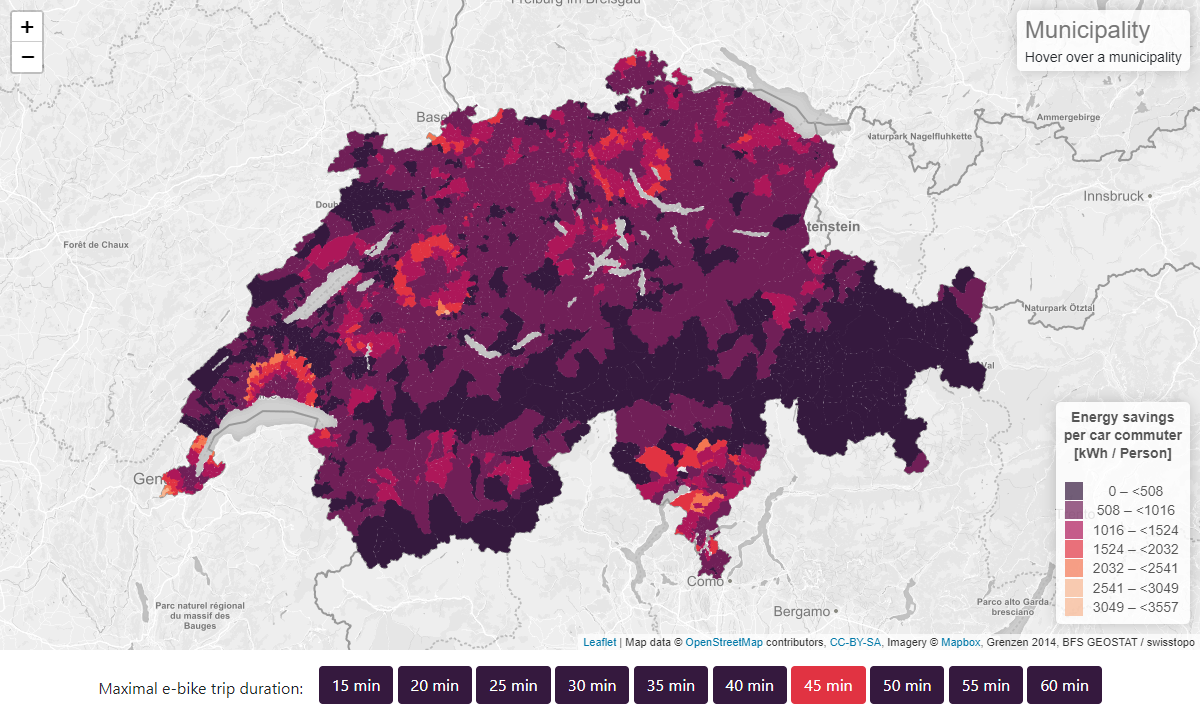
With the Energy Strategy 2050, Switzerland committed to reduce greenhouse gas emissions by 43% until 2035. Currently, the transport sector is the only sector without a decrease in energy consumption.
In our recent publication (also presented at Scientifica 2019), we analyzed the energy and greenhouse gas reduction potentials when e-bikes are used instead of internal combustion engine cars for commuting. Our analysis includes different scenarios for the minimal temperature, maximal precipitation as well as trip duration acceptable to take the e-bike. The results show that energy reductions between 10% and 17.5% are possible.
If you are interested in the saving potentials in your municipality, please click the following link: https://mie-lab.github.io/commuter-ebikes-ch.
You can find the paper under https://www.researchgate.net/publication/335118713_Energy_and_greenhouse_gas_emission_reduction_potentials_resulting_from_different_commuter_electric_bicycle_adoption_scenarios_in_Switzerland.
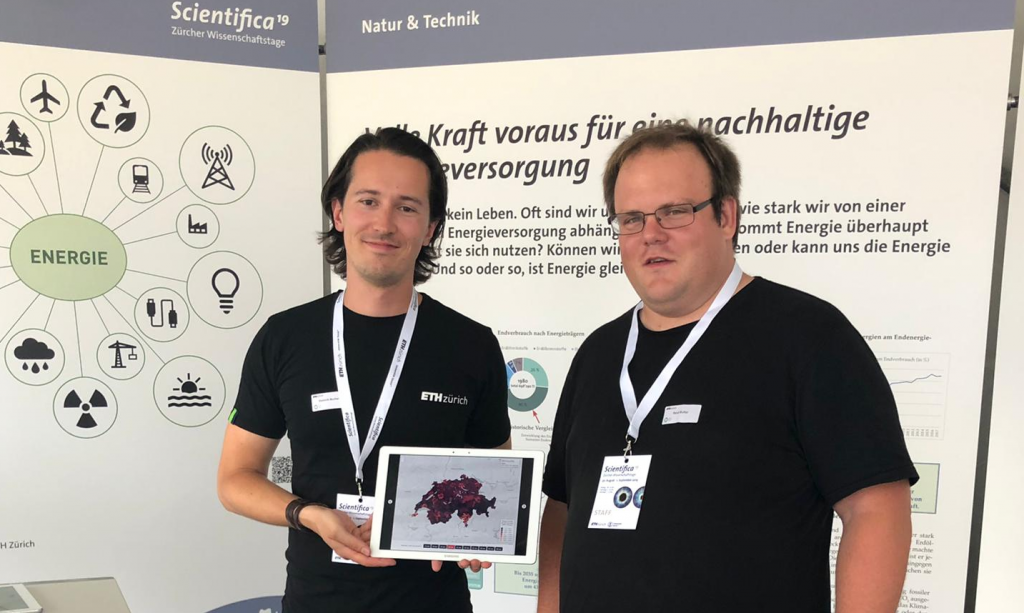
Interview with Prof. Martin Raubal in “Basel Unterwegs”
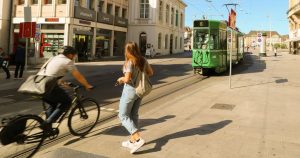
In an interview with Basel Unterwegs (in German), Prof. Martin Raubal talks about trends in mobility, such as combined or shared mobility, mobility as a service, app-based tracking and billing, or how electric cars replace conventional ones. The rising number of bicycles on our roads, the fact that train stations increasingly have the character of shopping malls, or the large number of bike- and scooter-sharing companies further hint at changes in how we perceive and use mobility.
Open Position

Hey Everybody,
we are looking for a new PhD student. We are looking forward to your application!
https://apply.refline.ch/845721/7060/pub/1/index.html
Analysis of GPS-tracking for the evaluation of sports activities – Luca Gaia starts his Bachelor thesis
Orienteering as a competitive sport is shaped by local strategies and decisions. Since the beginning of the availability of GPS, movement data of professional orienteering events have been recorded and mostly visually analyzed.
However, there is still few work that focuses on the quantitative analysis of the influence of context data such as terrain type, weather conditions, or elevation, on a runner’s performance in a professional setting. Apart from the influence of context data on the runner’s performance Luca will also quantitatively investigate the effect of the environment (e.g. the terrain, especially vegetation and landmarks) on orientation mistakes.
The bachelor thesis will last until the end of the spring semester 2019.
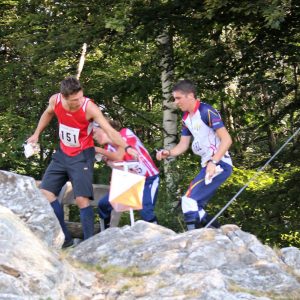
OMLETH’s publications from ETH’s first Learning and Teaching Fair are online
Several outcomes have been published at ETH’s first Learning and Teaching Fair in November 2018.
- The article “OMLETH: A multimedia guide for field trips” has been published at the first ETH Learning and Teaching Journal.
- The event’s poster has been published here and a summary of OMLETH has been published here.
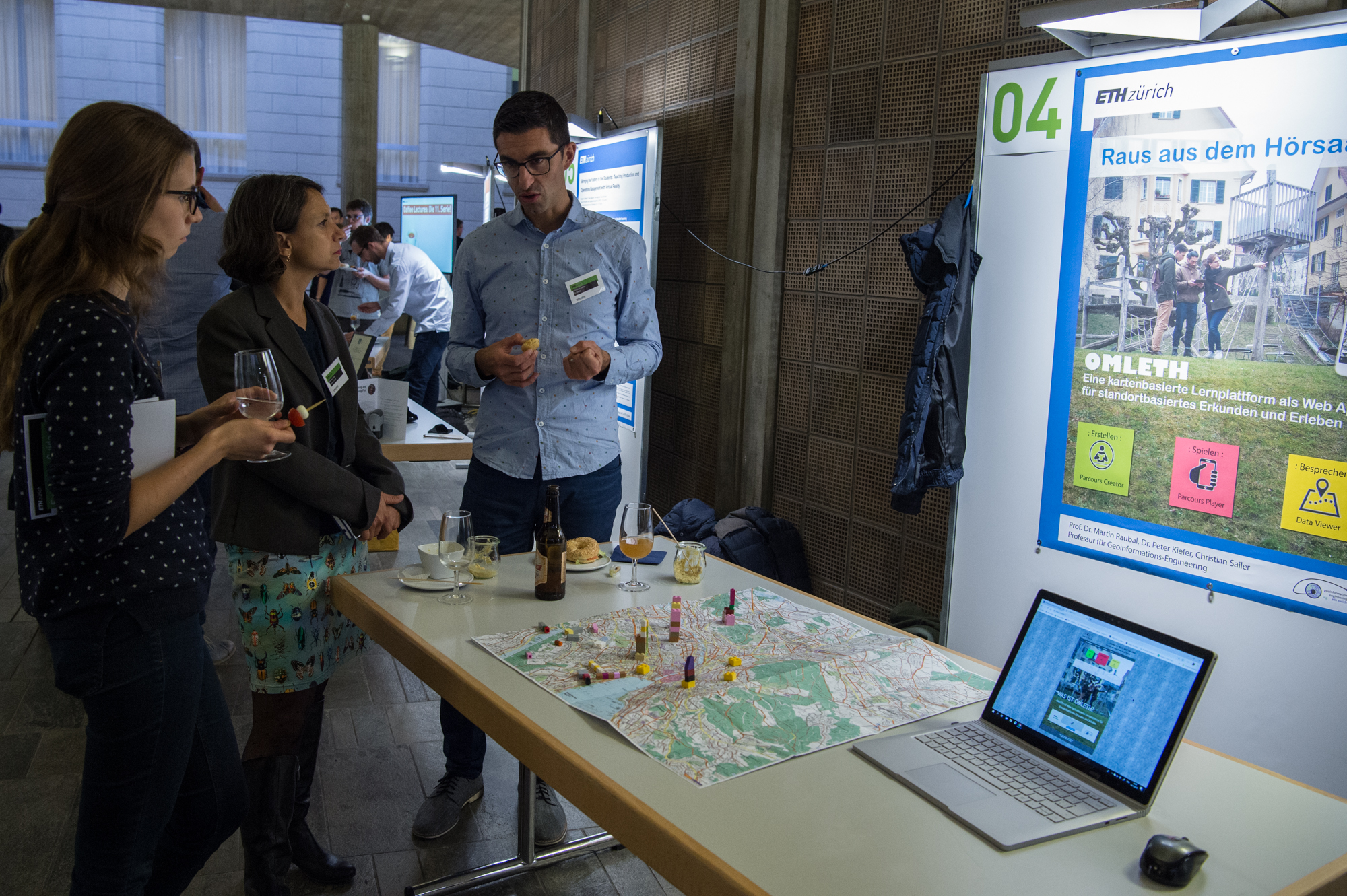
Figure: Christian Sailer explains teaching scenarios with OMLETH © Heidi Hostettler, ETH Zürich
The project itself is presented to a broader public on the ETH Newspage to promote the fair. The event is illustrated with text and photos on the L&T eventpage.
Full paper accepted at AGILE 2019!
Our full paper “A Clustering-Based Framework for Understanding Individuals’ Travel Mode Choice Behavior” has been accepted at AGILE 2019 in Limassol, Cyprus!
SBB Green Class and GoEco! are “Paving the Way for Smart Mobility”
In the most recent issue of the “Globe” magazine of ETH Zürich, our projects SBB Green Class and GoEco! were featured as a way to understand human mobility, improve environmental performance and enable intelligent demand management. Multi-modal mobility, trip analysis, eco-feedback generation and smart mobility management are seen as important building blocks for the future of travel, all conveniently supported by a smartphone app that can record mobility and communicate with the user.
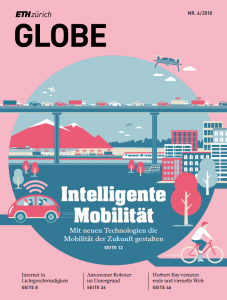
You can download the “Intelligent Mobility” issue on the ETH Zürich website.